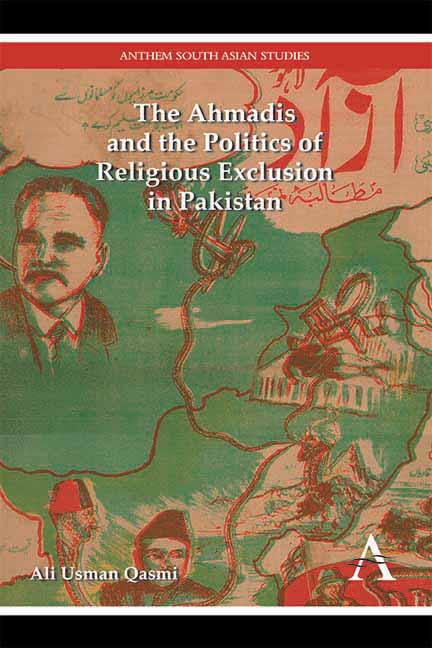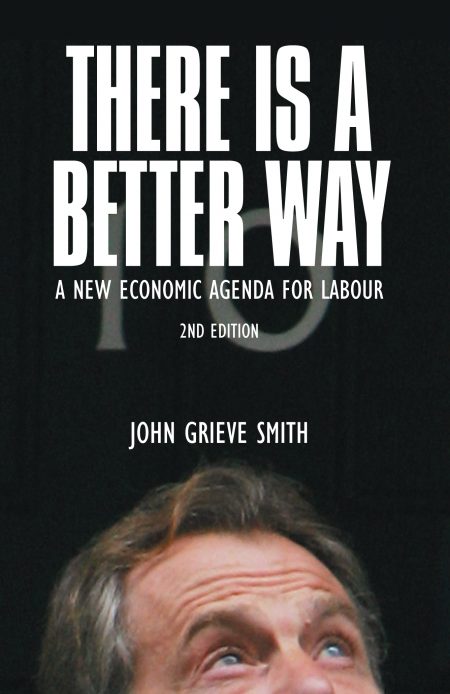There is a Better Way
A New Economic Agenda for Labour
Title Details
- ISBN: 9781843311539
- January 2005
- Pages: 152
- Imprint: Anthem Press
In this critical account of New Labour’s economic and welfare policies in their first two terms in office, John Grieve Smith suggests that, far from pursuing any radical new agenda, they have been actively consolidating the Thatcherite Revolution. If Labour is to offer a genuine alternative to the Tories, and achieve its long standing objective of a fairer society, radical developments in policy are needed. John Grieve Smith discusses the policies needed to ensure expansion and full employment here and in the rest of the European Union. He examines the whittling away of pensions and other social security benefits, and the growing reliance on means testing, together with the need for higher and more progressive taxation if the quality of health and education services is to be improved. The greatest challenge of coming decades is to develop more effective global and regional international institutions in the economic and other fields. Here the author puts forward a programme of major reforms of the global financial system to make both developing and industrialized countries less vulnerable to the instability of financial markets. This new and updated edition of John Grieve Smith’s lively and controversial book is a timely contribution to current political debate.
John Grieve Smith is a Cambridge economist with wide experience of government and history. He has worked in the Cabinet Office, the Treasury, as an Under-Secretary in the Department of Economic Affairs and then as Director of Planning in the British Steel Corporation. He is a fellow of Robinson College, Cambridge.
Prefaces, Acknowledgements; 1. The New Orthodoxy: 1. Introduction; 2. Evolution of Post-War Policy; 3. The New Orthodoxy; 4. New Labour in Power; 5. Restoring Full Employment; 2. A Fairer Society: 1. Social Injustice; 2. The Balance of Power; 3. Industry and Social Partnership; 4. The Public Sector; 5. Paying for Public Services; 3. The Welfare State: 1. The Growth of Means-Testing; 2. New Labour’s Inheritance; 3. Welfare Reform; 4. The Demographic Time Bomb; 5. Time to Take Stock; 4. The Future of the EU: 1. Further Integration; 2. Managing Demand; 3. Taxes and Public Expenditure; 4. The Labour Market, 5. A European Federation?; 6. Rethinking European Policy; 7. A New ERM; 5. Reforming the Global Financial System: 1. The Threat of Instability; 2. Improving Financial Regulation; 3. The Flow of Capital to Developing Countries; 4. The Role of Taxation; 5. Managing Exchange Rates; 6. The Future of International Economic Institutions; 6. A New Economic Agenda: 1. Breaking the Thatcherite Mould; 2. Towards a Fairer Society; 3. Rebuilding the Welfare State; 4. Making European Integration Work; 5. Taming Global Finace; 6. A Better Way; Index
‘An outstanding critique of New Labour’s economic and social policies.’ —William Keegan, Economics Editor and Associate Editor, ‘The Observer’
Related products
-
Legal Identity, Race and Belonging in the Dominican Republic
From Citizen to Foreigner
Eve Hayes de Kalaf
foreword by Junot DíazNovember, 2021
£125.00 / $125.00 -
The Ahmadis and the Politics of Religious Exclusion in Pakistan
Ali Usman Qasmi
May, 2014
£115.00 / $115.00 -
Roland Barthes Writing the Political
History, Dialectics, Self
Andrew Stafford
November, 2022
£125.00 / $125.00 -
International Scientific Relations
Science, Technology and Innovation in the International System of the 21st Century
Francisco Del Canto Viterale
August, 2021
£125.00 / $125.00 -
Sophisticated Interdependence in Climate Policy
Federalism in the United States, Brazil, and Germany
Vivian E. Thomson
February, 2014
£115.00 / $115.00 -
Narrative Art and the Politics of Health
Edited by Neil Brooks, Sarah Blanchette
March, 2021
£125.00 / $125.00








